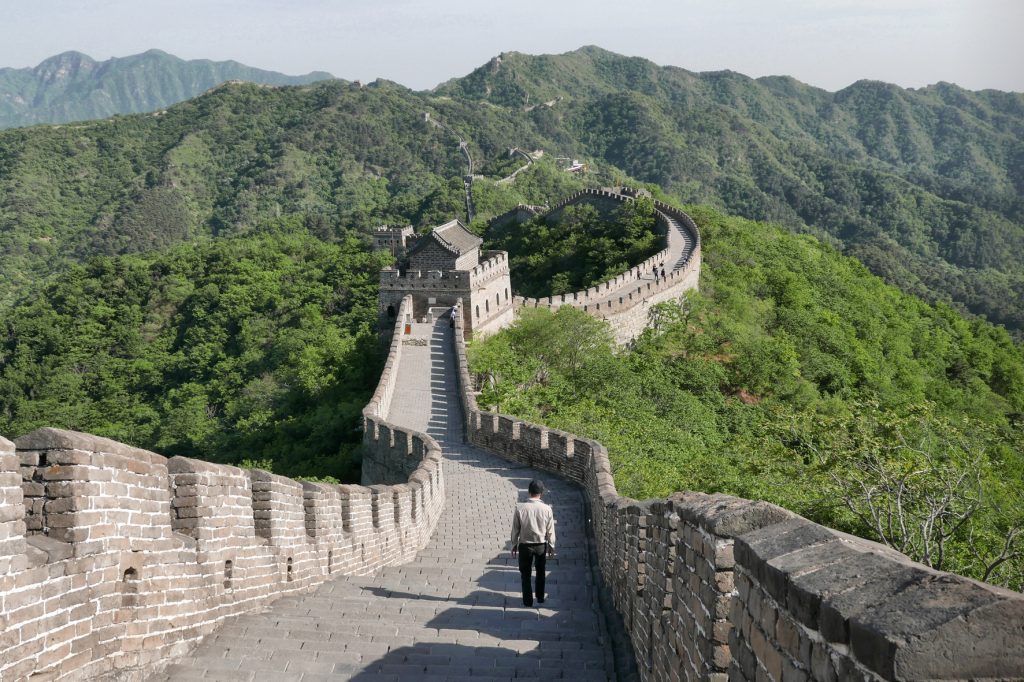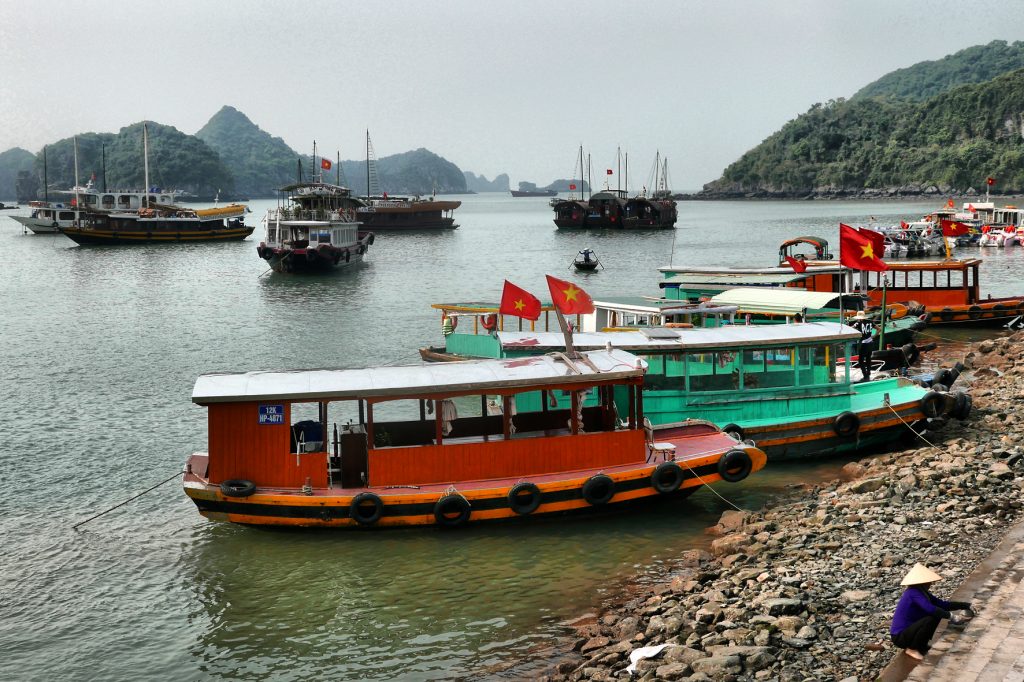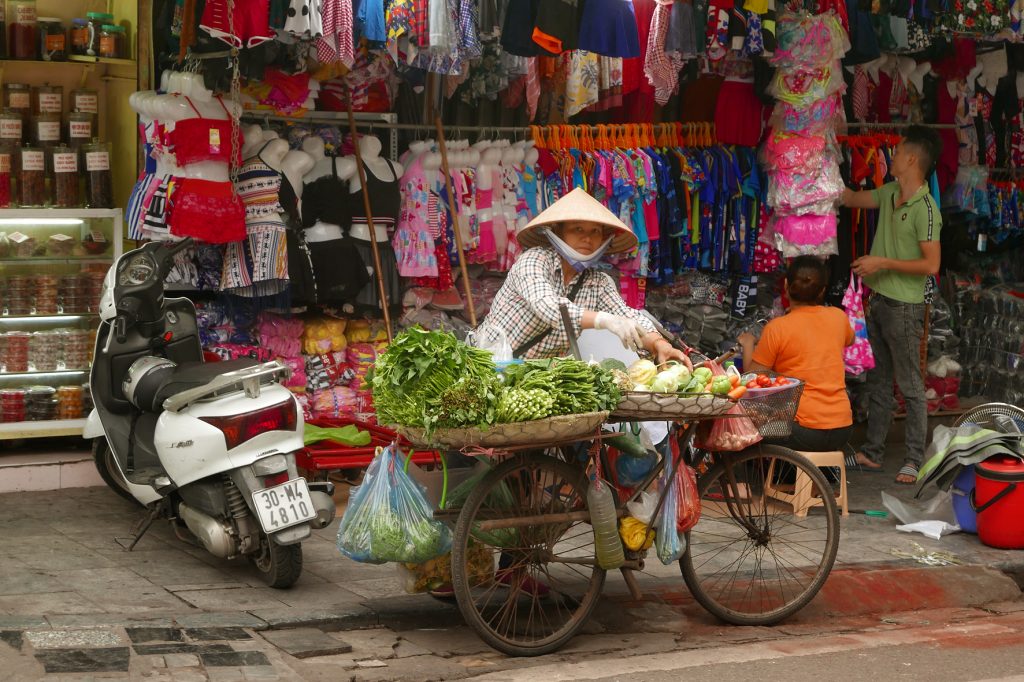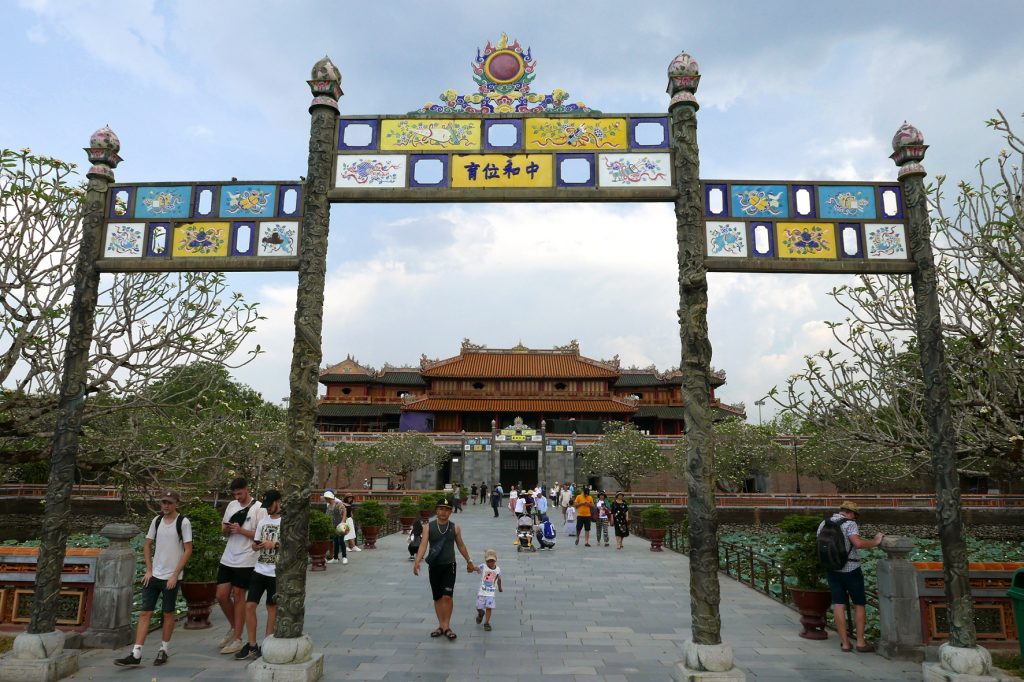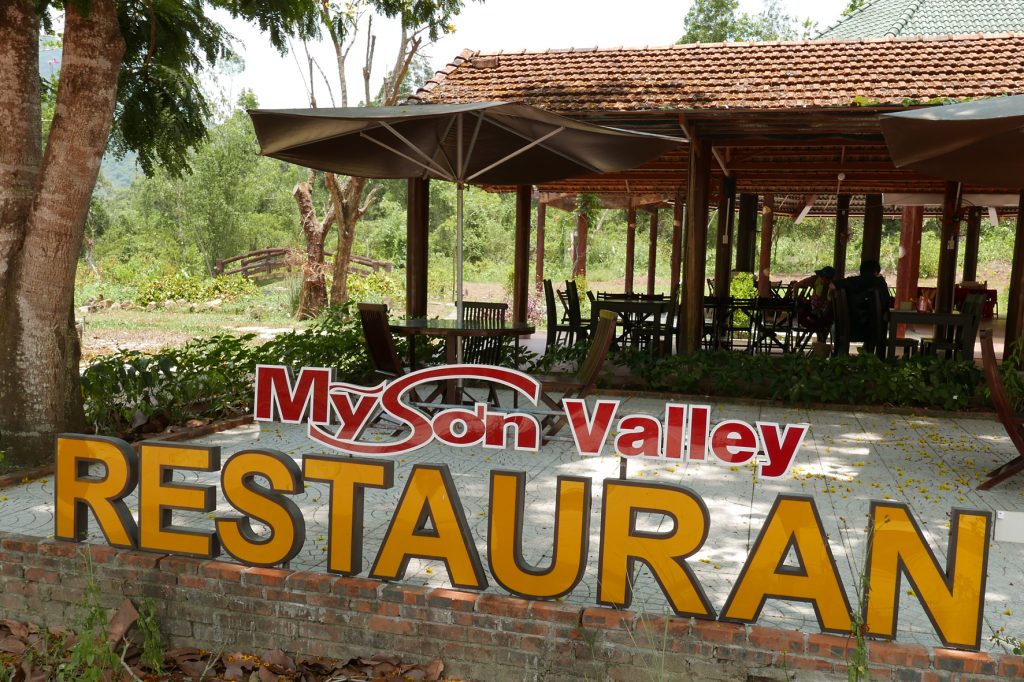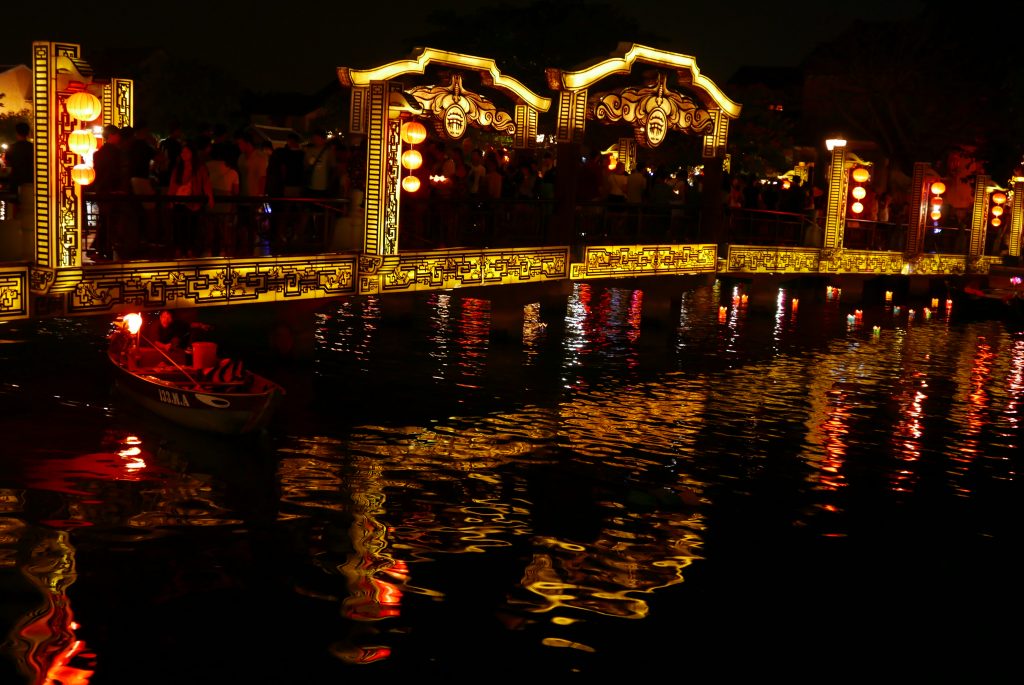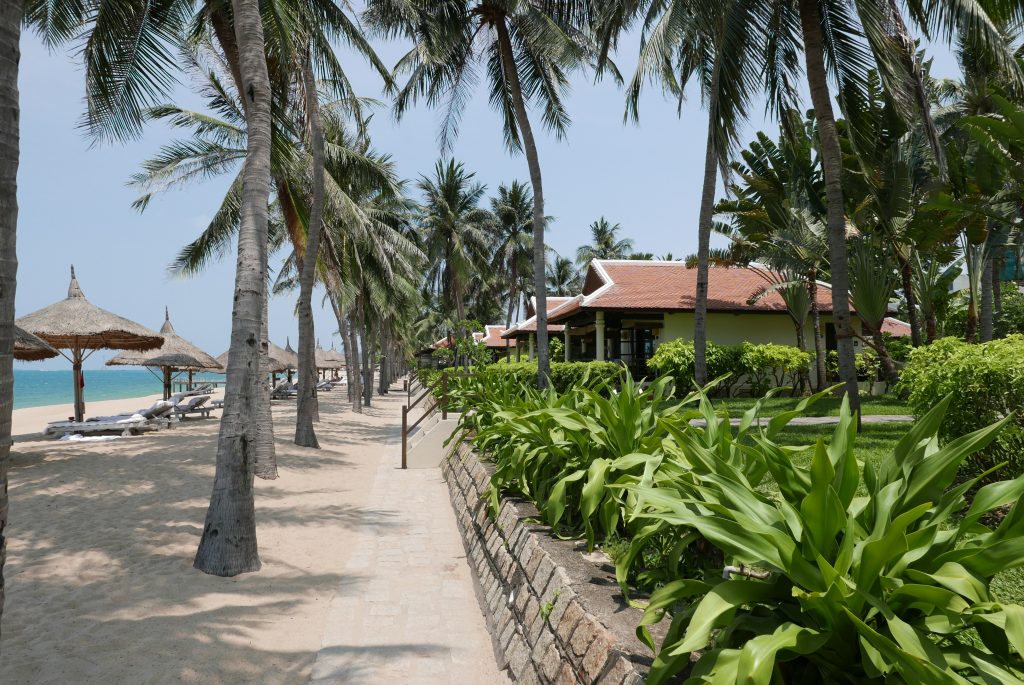Návštěva Velké zdi v Číně
Poslední den ve Vietnamu byl více cestovatelský v nostalgickém pohodovém tempu. Více čekání nežli nějaké větší akce. Dopoledne jsme si balili věci. Já se ještě vydal na místní tržnici nakoupit nějaké dárky a kávu na doma. To však bylo lepší koupit na jihu, v místech dřívější Francouzské kolonie, kde byla káva chutnější. Ale co se […]
Návštěva Velké zdi v Číně Read More »

